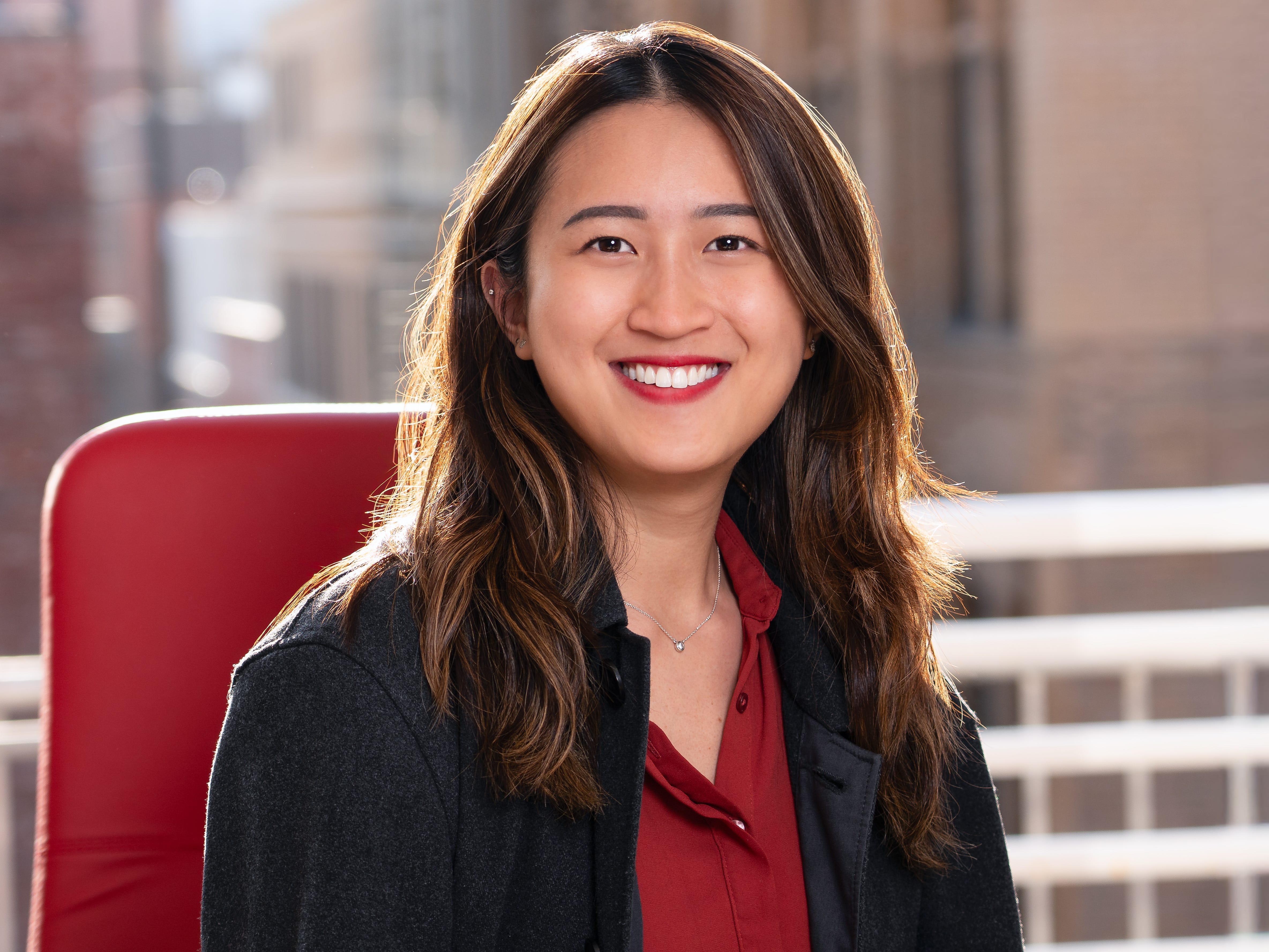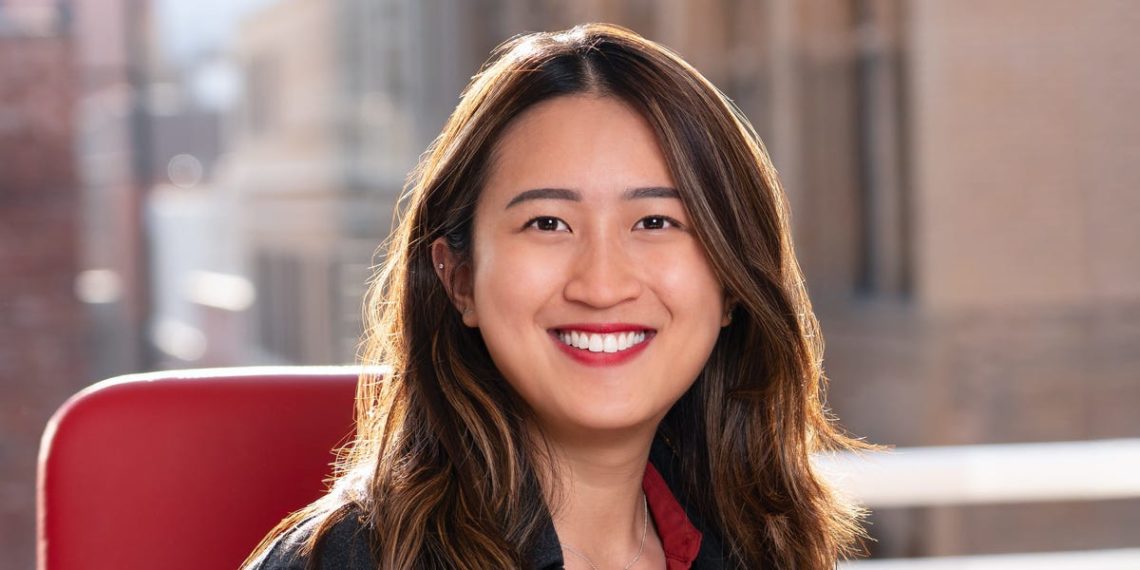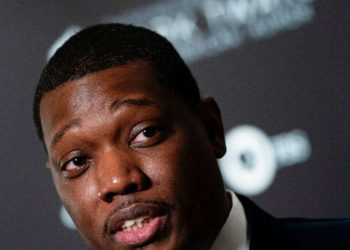
Michelle Lim
- Michelle Lim, 28, is the founder and CEO of Flint, an AI startup.
- She raised nearly $5 million in seed funding from investors like Accel, Neo, and Sheryl Sandberg.
- Working at an early-stage startup and having a track record helps a lot when fundraising, she says.
This as-told-to essay is based on a conversation with Michelle Lim, the founder and CEO of Flint, an AI startup based in San Francisco. The following has been edited for length and clarity. Business Insider has verified her employment and academic history.
Entrepreneurship wasn’t on the top of my mind when I was a high schooler in Singapore.
It was only when I went to Yale that I told myself I needed to start exploring different things. That was when I started to seriously consider entrepreneurship as a career.
My entrepreneurial ambitions led me to major in computer science, which opened the door to internships at companies like Meta, Slack, and Robinhood.
My desire for more agency and autonomy over my work drove me to intern at progressively smaller companies.
My first internship was with Facebook, which at that time had about 12,000 employees. When I joined Slack, it was a 1,200-person company. And finally, when I got to Robinhood, it was a 300-person company.
When you work in a smaller company, you really feel you’re making a difference.
Working at a startup is the best preparation for becoming a founder
After graduating, I joined Warp, a coding terminal startup, as its first hire.
To many people, joining a brand-new startup as a fresh graduate is a risk. Why take the road less traveled when you can stick to the tried-and-tested path of joining a big company?
But it felt right. I was starting my career in the summer of 2020, at the height of the COVID-19 pandemic. I was living in New York, and people were dying every day. I could smell the ashes in the air from the cremations.
I realized then that life really is short. I could die at any time, and when that happens, I don’t want to feel regret over not taking a risky but more exciting path.
I spent four years at Warp, where I cycled through a variety of roles. I started out as an engineer, switched to marketing, and then ran the company’s product and sales. I presented at board meetings every month and jumped on calls with our investors, including Figma CEO Dylan Field, every quarter.
I learned a lot at Warp. That experience proved to be formative when I cofounded my own AI startup, Flint, in January.
Being a founder is really, really hard
As a founder, you are basically the startup’s chief rejection officer. You are taking the brunt of rejections from sales prospects, recruits, and investors.
Flint is an AI tool that automates website building for companies, so it faced a lot of skepticism from investors who felt that the space was crowded.
What helped in the fundraising process was the track record I had built up as Warp’s founding employee.
Growing Warp’s product base from zero to half a million users made me a known quantity to investors even before I started Flint.
While there was some rejection, there were investors who approached me to invest, solely on the trust they had in my work.
Your mentors and networks matter
Working at an early-stage startup isn’t going to teach you everything. When I was at Warp, I never had to raise capital. All I had to do was decide whether to sign a term sheet.
I had a lot of help from my mentor, Ali Partovi, the CEO of Neo, a startup accelerator and VC fund. I met Ali when I joined the Neo Scholars program, which mentors college students keen on tech careers. He also got me my first job at Warp.
Ali and the folks at Neo guided me through the fundraising process and referred me to investors, including Meta’s former chief operating officer, Sheryl Sandberg. Sheryl invested in the seed round via her family office, Sandberg Bernthal Venture Partners.
I practiced pitching with Neo and two of my founder friends, who helped me identify flaws in my presentation. Doing a lot of rehearsals meant that I didn’t have to think on my feet at the actual meetings. I could rely on muscle memory when fielding questions.
I managed to secure funding from Neo and Accel, the VC fund that backed Facebook and Spotify. I also raised money from individual investors, including executives at tech companies like Linear and Atlassian.
All in all, I ended up raising nearly $5 million as part of Flint’s seed round.
Looking back, I am glad that I started my career at an early-stage company. It is the single biggest reason for my success today. It gave me confidence to start a business from scratch because I had gone through the mess of it all.
I highly recommend joining a very small company if you want to become a founder in the future. Look for startups with good founders who are willing to bet on young talent and give them chances. That is the fastest way to grow your career and develop a strong track record.
Read the original article on Business Insider
The post I pitched to Sheryl Sandberg and Accel as a young founder. Here’s how I raised $5 million and what you can do to get a yes. appeared first on Business Insider.




